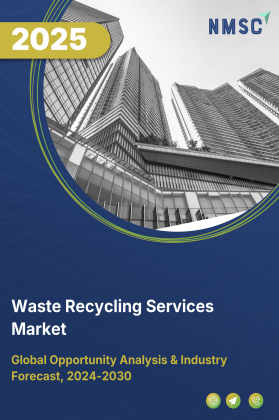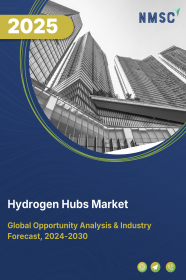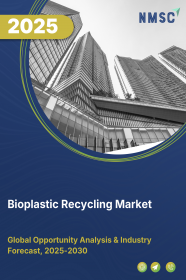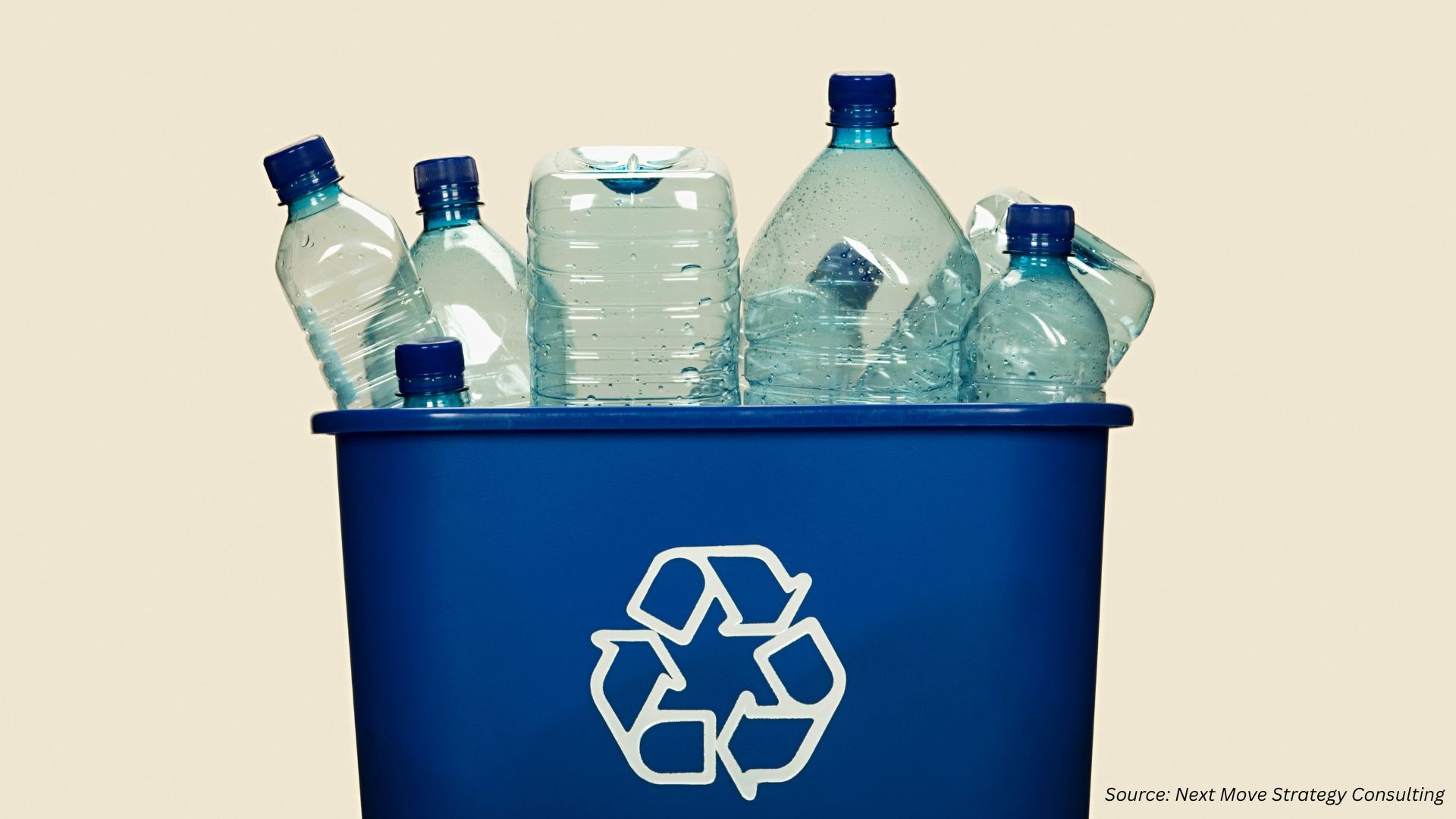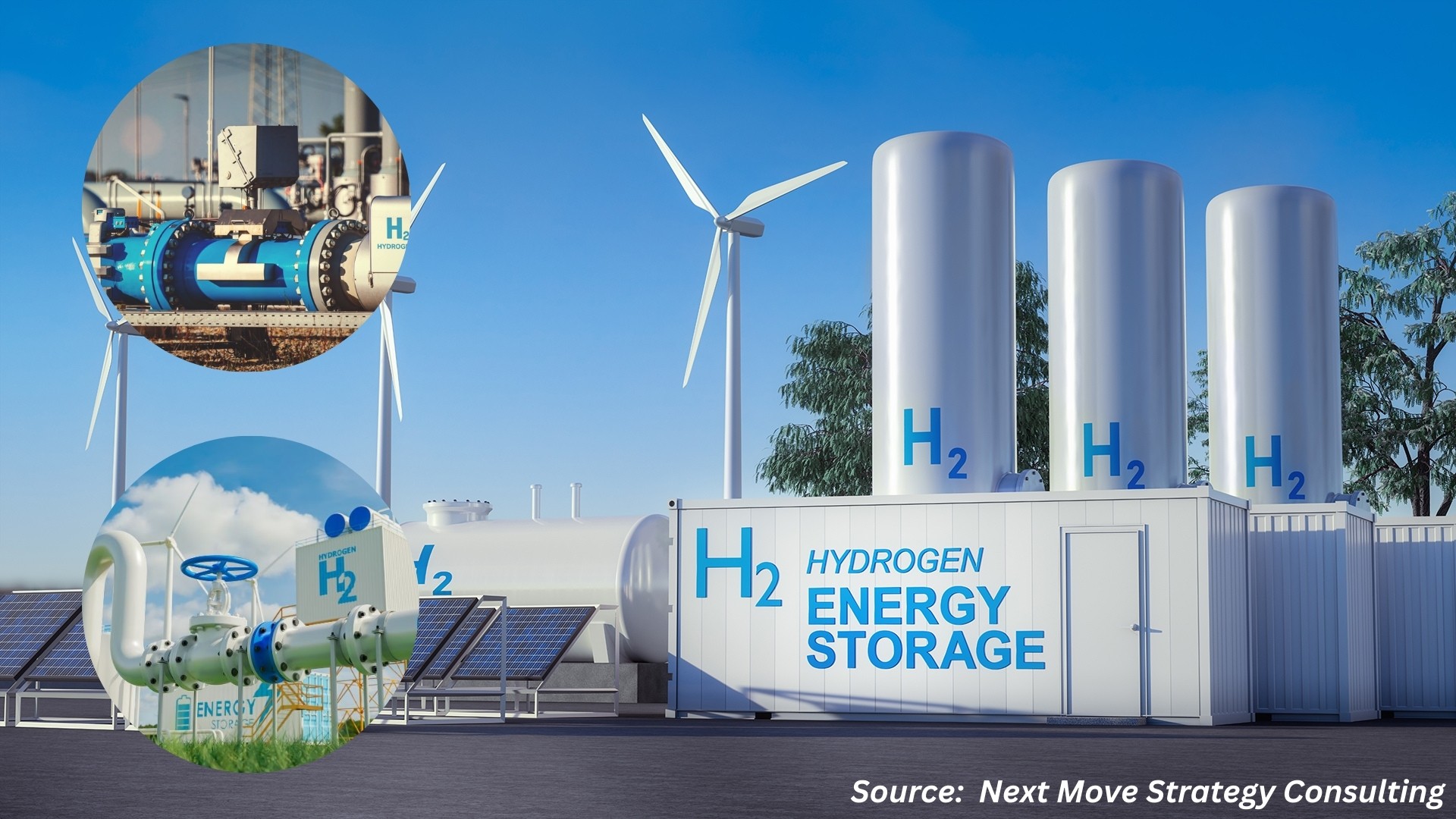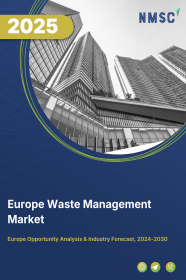
Europe Waste Management Market by Waste Type(Hazardous Waste, and Non-Hazardous Waste), by Service(Collection, and Disposal), by Source(Residential or Municipal Waste, Commercial Waste, and Industrial Waste) – Opportunity Analysis and Industry Forecast, 2024–2030
Industry: Energy & Power | Publish Date: 17-Oct-2025 | No of Pages: 327 | No. of Tables: 228 | No. of Figures: 173 | Format: PDF | Report Code : EP1244
Europe Waste Management Market Overview
The Europe Waste Management Market size was valued at USD 116.21 billion in 2023, and is predicted to reach USD 169.37 billion by 2030, at a CAGR of 4.5% from 2024 to 2030. Waste management involves a wide range of services and activities aimed at managing and mitigating the impact of waste generated by various sectors including residential, commercial, industrial, and healthcare.
It includes the collection, transportation, processing, recycling, and disposal of waste materials in a manner that is environmentally responsible and sustainable. The market involves the development and implementation of technologies and practices that promote waste reduction, resource recovery, and the safe handling of hazardous materials.
Key components of waste management include waste collection services, recycling facilities, waste-to-energy plants, landfill operations, and environmental consulting services. As awareness of environmental issues grows, the Europe waste management market continues to expand, driven by growing population, technological advancements, and increasing public demand for sustainable waste solutions.
Stringent EU Regulatory Mandates and Circular Economy Policies Create Non-negotiable Market Demand
The primary driver of the European waste management market is the continent's comprehensive and legally binding regulatory framework. EU directives, including the Waste Framework Directive and the Circular Economy Action Plan, establish aggressive, non-negotiable targets that compel member states to act. Key mandates, such as reducing the landfilling of municipal waste to a maximum of 10% by 2035 and achieving ambitious recycling rates for various materials, create a powerful and sustained demand for advanced waste treatment infrastructure and services. These regulations force a structural shift away from disposal and toward recovery, acting as a powerful, government-enforced catalyst for market growth and investment in innovative solutions.
Digital Transformation and the Adoption of Smart Waste Technologies Enhance Operational Efficiency
A second major driver is the rapid technological evolution within the sector, specifically the widespread adoption of smart waste management technologies. The integration of the Internet of Things (IoT) through sensor-equipped smart bins, combined with AI-powered route optimization software, is revolutionizing waste collection logistics. These innovations are enabling municipalities and private operators to cut collection costs, reduce fuel consumption, and improve service reliability. Simultaneously, advanced robotics and AI-powered sorting systems are being deployed in material recovery facilities to increase the speed, accuracy, and purity of recycled materials. This digital transformation is not only boosting operational efficiency but also creating new value and driving investment in modern, high-tech infrastructure.
Prohibitive Capital Costs and Complex Permitting Processes for Advanced Infrastructure Impede Rapid Expansion
A significant restraint on market growth is the extremely high capital expenditure (CAPEX) required to build and operate advanced waste management facilities, such as waste-to-energy plants and chemical recycling centers. The costs associated with acquiring cutting-edge technology, combined with the lengthy and complex permitting processes and potential community opposition, can significantly slow down or deter new projects. This financial barrier is particularly challenging for smaller municipalities and private companies, limiting their ability to upgrade infrastructure and adopt the latest technologies. This results in a fragmented market where progress can be uneven, with some regions lagging in the transition to more advanced waste treatment methods.
Growing Investment in Waste-to-energy (WtE) Creates a Strategic Opportunity for Energy Security and Resource Valorization
A major opportunity for the European market lies in the continued expansion of Waste-to-Energy (WtE) technologies. As Europe seeks to enhance its energy security and reduce reliance on imported fossil fuels, the conversion of non-recyclable residual waste into electricity and heat offers a dual benefit. WtE not only provides a sustainable solution for managing waste that would otherwise be landfilled but also contributes a reliable, domestically sourced stream of energy. The European WtE market is projected to see significant growth, driven by investments in advanced incineration, gasification, and anaerobic digestion technologies. This positions the sector as a key player in both the circular economy and the continent's broader energy transition strategy, creating a long-term, high-value growth avenue.
Denmark Dominates the Europe Waste Management Market Share
The significant increase in recycling and incineration activities fuels the growth of the market in Denmark. This boost in waste processing capabilities not only enhances waste management efficiency but also supports sustainable practices that drives the demand for advanced waste management solutions in Europe.
As per the report published by European Environment Agency report 2023, the country generated more than 800 kg wastes per capita and waste collected for recycling accounted for 53.9% and waste incineration accounted for 45.2 % in 2020. This enhanced capability allows for more efficient processing and disposal of waste, reducing the environmental impact and promoting circular economy principles.
Moreover, the recent government initiatives in the country is significantly boosting the Europe waste management market demand. Policies promoting recycling, waste-to-energy technologies, and circular economy practices are further driving the sector’s growth.
Ambitious recycling targets and infrastructure investments encourage the adoption of advanced waste treatment solutions. For example, in 2020, the Danish government stated that they created a goal to remove over 80% of plastic waste from incineration plants by 2030.
The government is introducing mandatory use of ecolabels in state procurement, creating a clear framework for municipal second-hand shops. The Danish government's proactive approach fosters innovation and attracts investments, propelling the market forward.
Norway to Witness Substantial Growth in the Europe Waste Management Market Trends
The rapid urbanization in Norway is propelling the growth of the Europe waste management market. As cities expand and population density increases, the volume of the waste generated also rises that necessitates the demand for enhanced waste recycling solutions.
As per world bank group latest report, the population of Norway accounted for 5.5 million in 2023 and around 84% of the population resides in urban areas. This urban growth drives demand for advanced waste management systems and infrastructure, leading to market expansion and improved efficiency in handling municipal waste in Europe.
Moreover, government initiatives are further propelling the Europe waste management market growth. By implementing policies and regulations aimed at improving waste recycling practices, reducing waste generation, and increasing recycling rates, these initiatives create a supportive environment for market expansion.
As per the latest report published by the European Environment Agency, the Norwegian government introduced a VAT exemption on food redistributed to charities to reduce food waste and encourage food donations.
Furthermore, the government implemented a Nordic strategy for collection, sorting, reuse and recycling of textiles to increase the reuse and recycling of textiles in the Nordic region. Investments in waste infrastructure and innovative solutions driven by government programs enhance the efficiency and effectiveness of waste management systems, contributing to the overall market growth.
Competitive Landscape
The promising players operating in the Europe waste management industry includes Veolia Environnement S.A., SUEZ Group, Remondis Group, FCC Environment, Biffa plc, Renewi plc, PreZero Group, Paprec Group, ALBA Group, Indaver NV, Urbaser, NG Nordic Group, Ragn-Sells Group, Simply Waste Solutions, A2A Ambiente, and others.
Europe Waste Management Market Key Segments
By Waste Type
-
Hazardous Waste
-
Solid Waste
-
Liquid Waste
-
Gaseous Waste
-
-
Non-Hazardous Waste
-
Food
-
Paper and Cardboard
-
Plastic
-
Glass
-
Metal
-
Water
-
E-Waste
-
Others
-
By Service
-
Collection
-
Collection and Transportation
-
Storage and Handling
-
Sorting
-
-
Disposal
-
Open Dumping
-
Incineration/Combustion
-
Landfills
-
Recycling
-
Composting and Anaerobic Digestion
-
By Source
-
Residential or Municipal Waste
-
Commercial Waste
-
Offices and Retail Stores
-
Hospitals
-
Restaurants
-
Other Commercial Sources
-
-
Industrial Waste
-
Manufacturing Waste
-
Construction, Renovation, and Demolition Waste
-
Agriculture Waste
-
Medical Waste
-
Other Industrial Sources
-
By Countries
-
UK
-
Germany
-
France
-
Italy
-
Spain
-
Denmark
-
Netherlands
-
Finland
-
Sweden
-
Norway
-
Russia
Key Players
-
Veolia Environnement S.A.
-
SUEZ Group
-
Remondis Group
-
FCC Environment
-
Biffa plc
-
Renewi plc
-
PreZero Group
-
Paprec Group
-
ALBA Group
-
Indaver NV
-
Urbaser
-
NG Nordic Group
-
Ragn-Sells Group
-
Simply Waste Solutions
-
A2A Ambiente
Report Scope and Segmentation:
|
Parameters |
Details |
|
Market Size Value in 2023 |
USD 116.21 billion |
|
Revenue Forecast in 2030 |
USD 169.37 billion |
|
Value Growth Rate |
CAGR of 4.5% from 2024 to 2030 |
|
Analysis Period |
2023–2030 |
|
Base Year Considered |
2023 |
|
Forecast Period |
2024–2030 |
|
Market Size Estimation |
Billion (USD) |
|
Growth Factors |
|
|
Companies Profiled |
15 |
|
Countries Covered |
10 |
|
Customization Scope |
Free customization (equivalent up to 80 working hours of analysts) after purchase. Addition or alteration to country, regional, and segment scope. |
|
Pricing and Purchase Options |
Avail customized purchase options to meet your exact research needs. |

















 Speak to Our Analyst
Speak to Our Analyst



